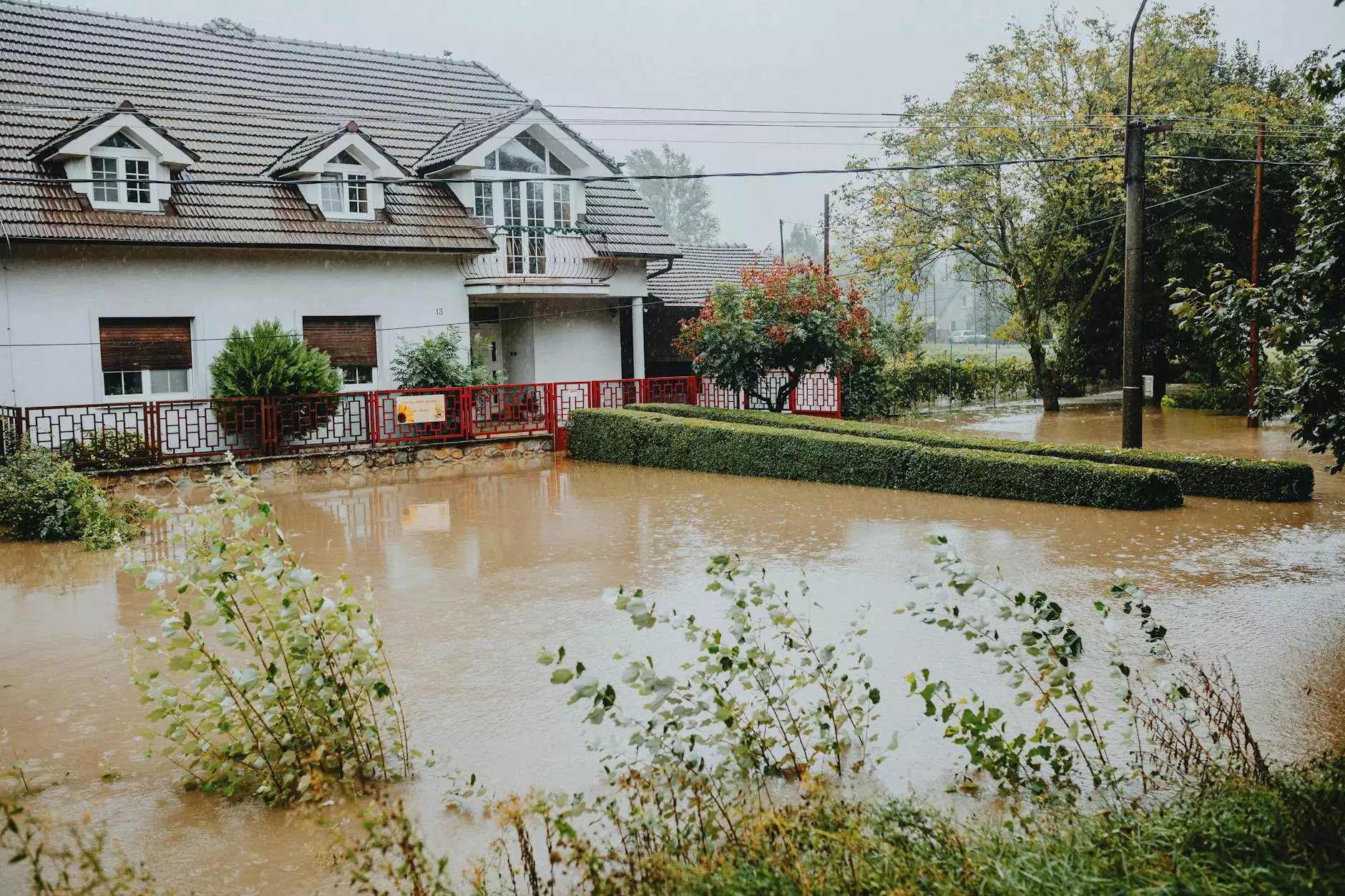Understanding and Navigating Bad Faith Homeowners Insurance Claims

In the complex world of property ownership and insurance, homeowners often face unexpected challenges, especially when their insurance company fails to honor valid claims. One of the most contentious issues in this domain is bad faith homeowners insurance claims, where insurers act unfairly, neglect their contractual obligations, or intentionally delay or deny legitimate claims. Recognition and proper handling of such situations are vital for homeowners seeking justice and fair treatment.
What Are Bad Faith Homeowners Insurance Claims?
Bad faith homeowners insurance claims refer to instances where an insurance company does not fulfill its legal and contractual duties in bad faith. This can manifest as unjust denial of a claim, unwarranted delays, undervaluation of damages, or refusal to investigate claims properly. While insurance companies are expected to handle claims diligently and fairly, some may engage in tactics that violate these expectations, often for the purpose of increasing profits at the expense of policyholders.
Legal Framework Surrounding Bad Faith Insurance Practices
Legally, insurance companies are bound by the duty of good faith and fair dealing. This means they must act honestly and fairly towards policyholders, providing clear communication, fair evaluation, and timely resolution of claims. Breaching this duty can constitute bad faith under state laws and generally allows the policyholder to pursue additional compensation beyond the original claim amount.
Courts have established that when insurers intentionally delay, deny, or undervalue claims without proper reason, they can be held liable for damages resulting from such misconduct. These damages often include emotional distress, punitive damages, and legal fees, making the pursuit of a bad faith claim a potentially lucrative and necessary action for homeowners facing unreasonable insurer conduct.
Common Tactics Used in Bad Faith Homeowners Insurance Claims
Understanding the typical tactics employed by insurance companies in bad faith homeowners insurance claims can empower homeowners to recognize and respond appropriately. These tactics include:
- Unjustified Claim Denials: Denying claims without sufficient investigation or clear rationale.
- Delays in Processing: Prolonged response times that unfairly hinder the claims process.
- Undervaluing Damages: Offering settlements significantly less than the actual repair or replacement costs.
- Failure to Investigate: Neglecting to conduct thorough inspections or evaluations of the damages claimed.
- Misrepresenting Policy Terms: Using ambiguous or incorrect interpretations of policy language to deny claims.
- Retaliation or Intimidation: Forcing policyholders to accept unfair settlement offers through pressure tactics.
Recognizing the Signs of Bad Faith in Your Insurance Claim
Being vigilant is essential. Recognize these warning signs that suggest your insurer might be engaging in bad faith practices:
- Repeatedly requesting unnecessary documentation or proof of loss.
- Failure to respond to your inquiries within a reasonable timeframe.
- Offering settlement amounts that do not reflect the true extent of damages.
- Unexplained delays without justification.
- Refusal to provide a clear explanation for denial or undervaluation of your claim.
- Evidence of inconsistent or misleading representations about your policy coverage.
Steps to Take When Facing Bad Faith Homeowners Insurance Claims
If you suspect that you are dealing with a bad faith homeowners insurance claim, taking decisive action is vital. Follow these steps:
- Document Everything: Keep meticulous records of all communications, claims submissions, and responses from your insurer.
- Review Your Policy Carefully: Understand the scope of coverage, exclusions, and the insurer’s obligations.
- Request a Reasoning: Demand clear written explanations for any claim denial or delay.
- Consult with a Legal Expert: Engage an attorney specialized in insurance law, particularly in bad faith claims, to evaluate your case.
- File a Complaint: Lodge disputes with your state’s insurance commissioner or regulatory body, which oversee fair insurance practices.
- Consider Legal Action: If negotiations fail, pursue a formal lawsuit for bad faith practices to seek damages and justice.
Why Engaging a Lawyer Is Critical in Bad Faith Claims
Insurance law is complex, and navigating claims through legal channels requires specialized knowledge. A seasoned attorney can:
- Assess whether your insurer’s conduct constitutes bad faith.
- Help gather and present compelling evidence.
- Negotiate effectively with insurers to maximize your settlement.
- Represent you in court if necessary, pursuing damages for emotional distress, punitive damages, and legal costs.
Overall, legal representation enhances your chances of fair resolution and ensures your rights are protected throughout the process.
Prevention Tips for Homeowners to Avoid Bad Faith Practices
- Thoroughly Understand Your Policy: Know what is covered and what exclusions apply to avoid surprises.
- Maintain Documentation: Keep detailed records of all communication, receipts, and inspections related to your property damages.
- Promptly Report Claims: File claims immediately after damages occur to prevent delays.
- Work with Reputable Contractors: Their assessments can support your claim and rebut any unwarranted insurer denials.
- Seek Legal Advice Early: Consulting with an attorney soon after initial issues arise can prevent escalation and protect your rights.
How PropertyLaw.com Can Help You Combat Bad Faith Homeowners Insurance Claims
At propertyclaimlaw.com, our team of experienced attorneys specializes in assisting homeowners facing unfair insurance practices across Florida and beyond. We understand the intricacies of property management, divorce & family law, and real estate law, providing comprehensive legal support to protect your property rights.
Our services include:
- Legal consultation for insurance disputes
- In-depth case evaluation for bad faith claims
- Negotiation with insurance companies
- Litigation and courtroom representation
- Assistance with regulatory complaints
The Importance of Proactive Legal Support in Property Disputes
Engaging with a skilled attorney at the first signs of bad faith can save you time, stress, and money. Proactive legal support ensures you are aware of your rights and options, facilitating faster resolutions and better outcomes. Recognizing the signs early and acting decisively are key components of protecting your property and financial interests.
Final Thoughts: Empowering Homeowners Against Unfair Insurance Practices
Dealing with bad faith homeowners insurance claims can be a daunting experience that compromises your peace of mind and financial stability. However, with proper awareness, swift action, and the right legal support, homeowners can successfully combat unfair practices and secure the compensation they deserve.
Remember, insurance companies have a duty to act in good faith. When they fall short, homeowners are entitled to pursue their rights vigorously and seek justice. Don't hesitate to seek expert legal advice to navigate these complex claims and safeguard your property ownership rights.
For personalized assistance and legal representation, visit propertyclaimlaw.com — your trusted partner in fighting bad faith homeowners insurance claims.



